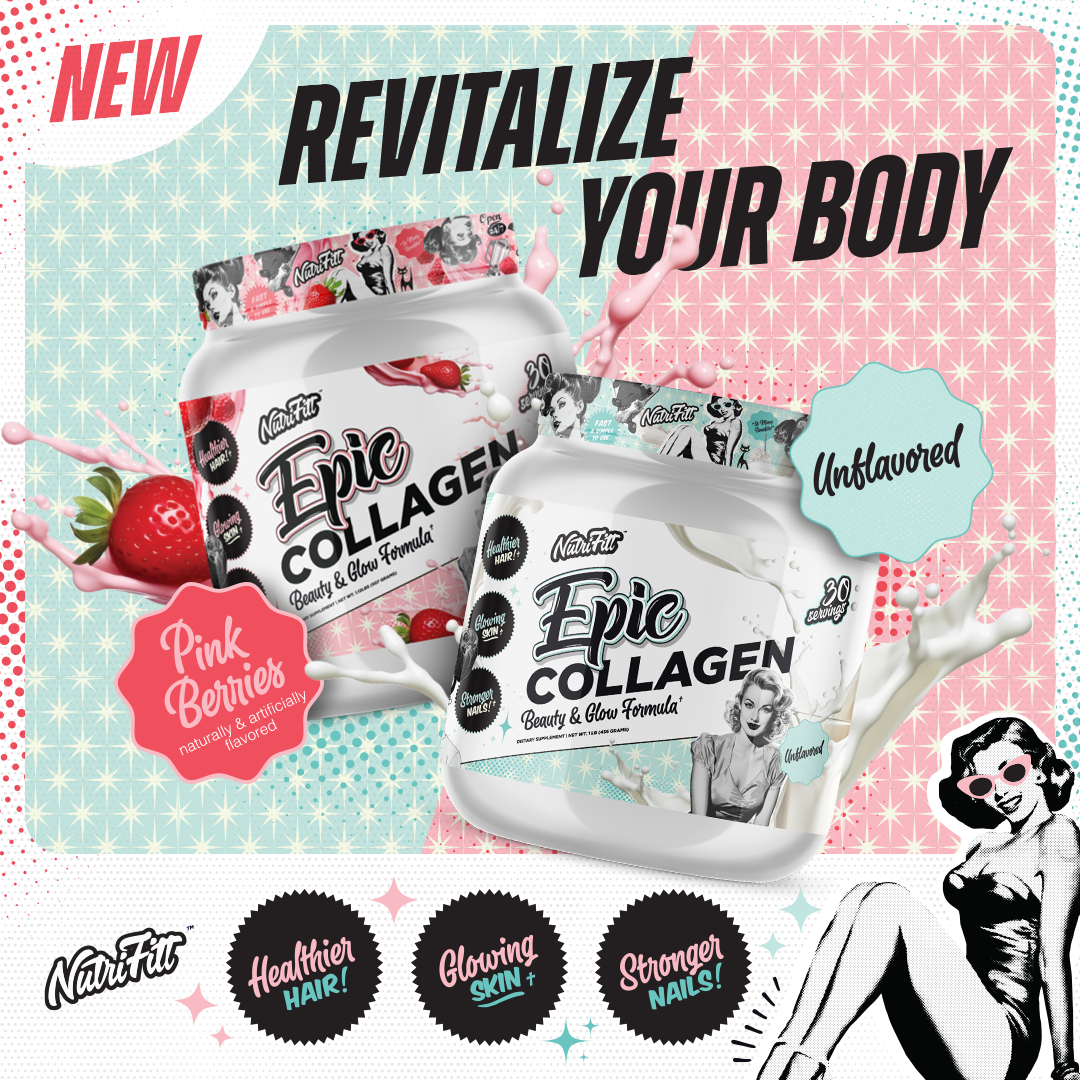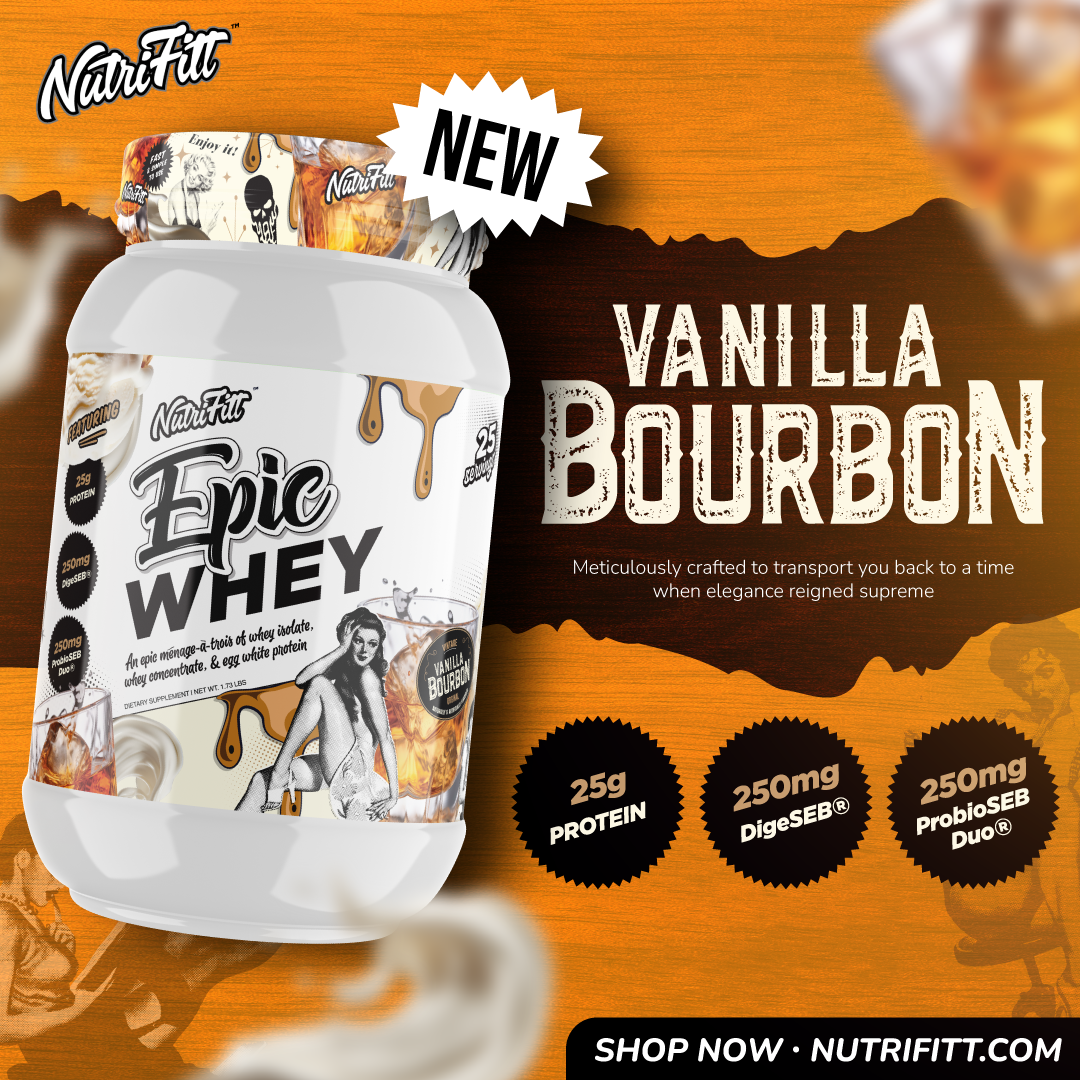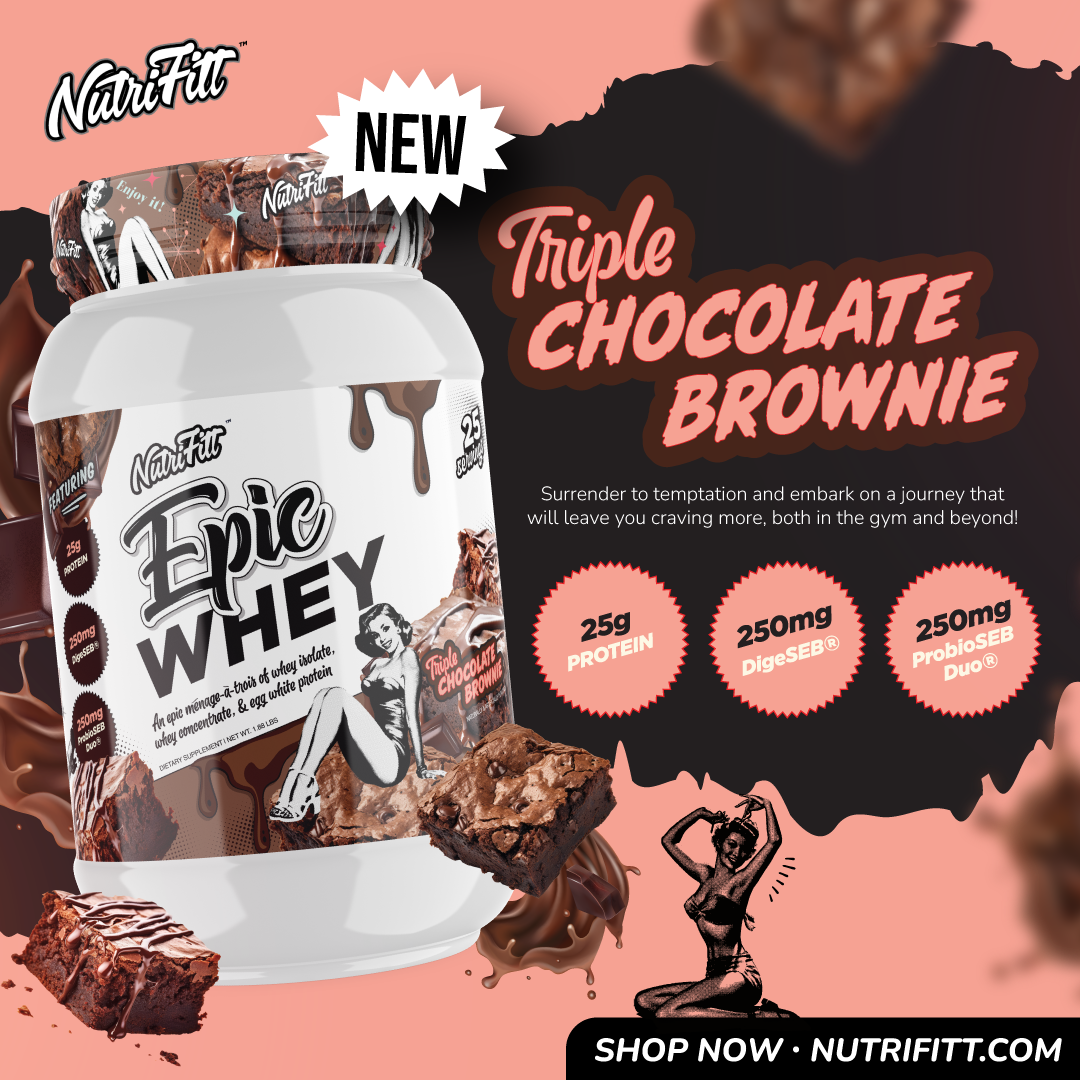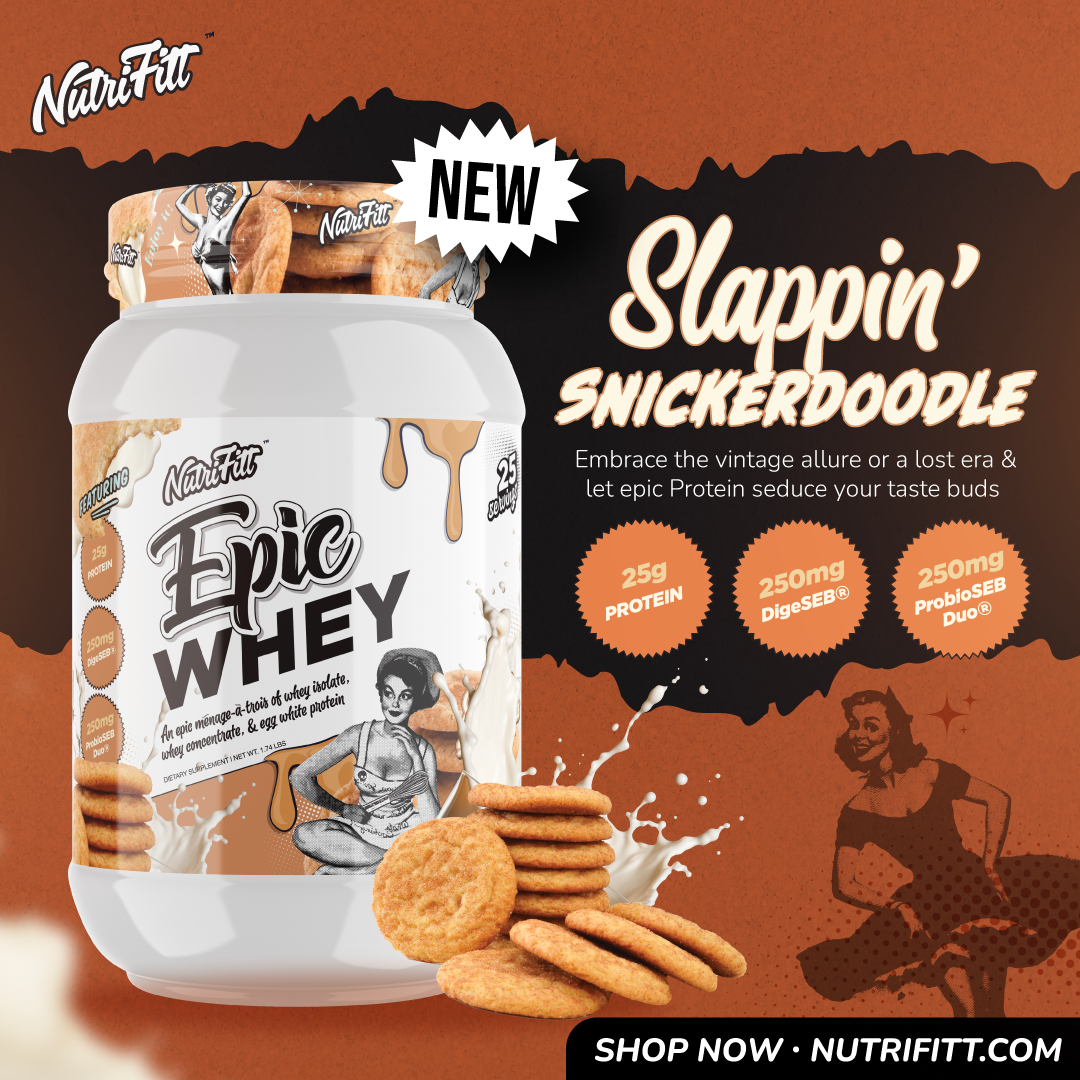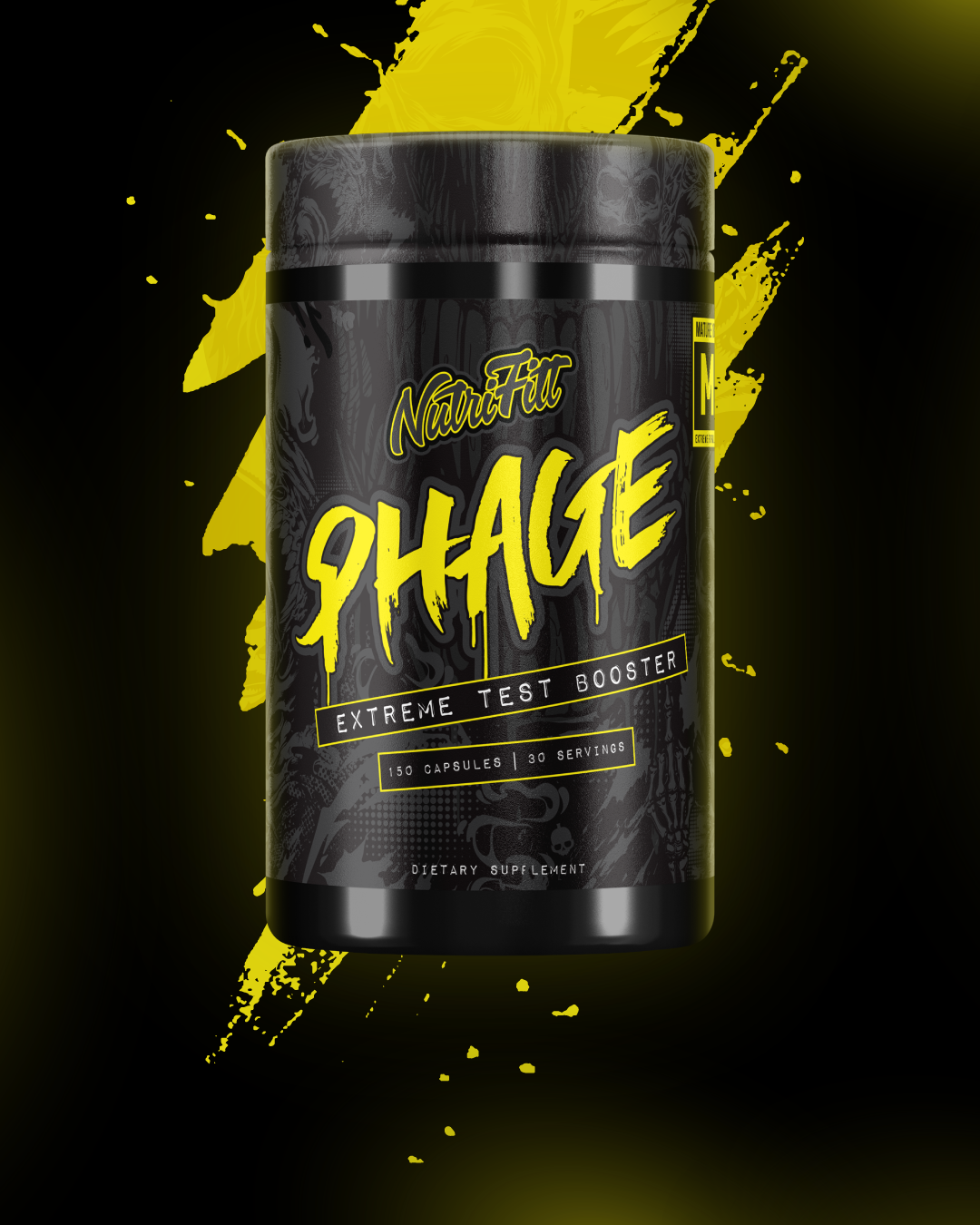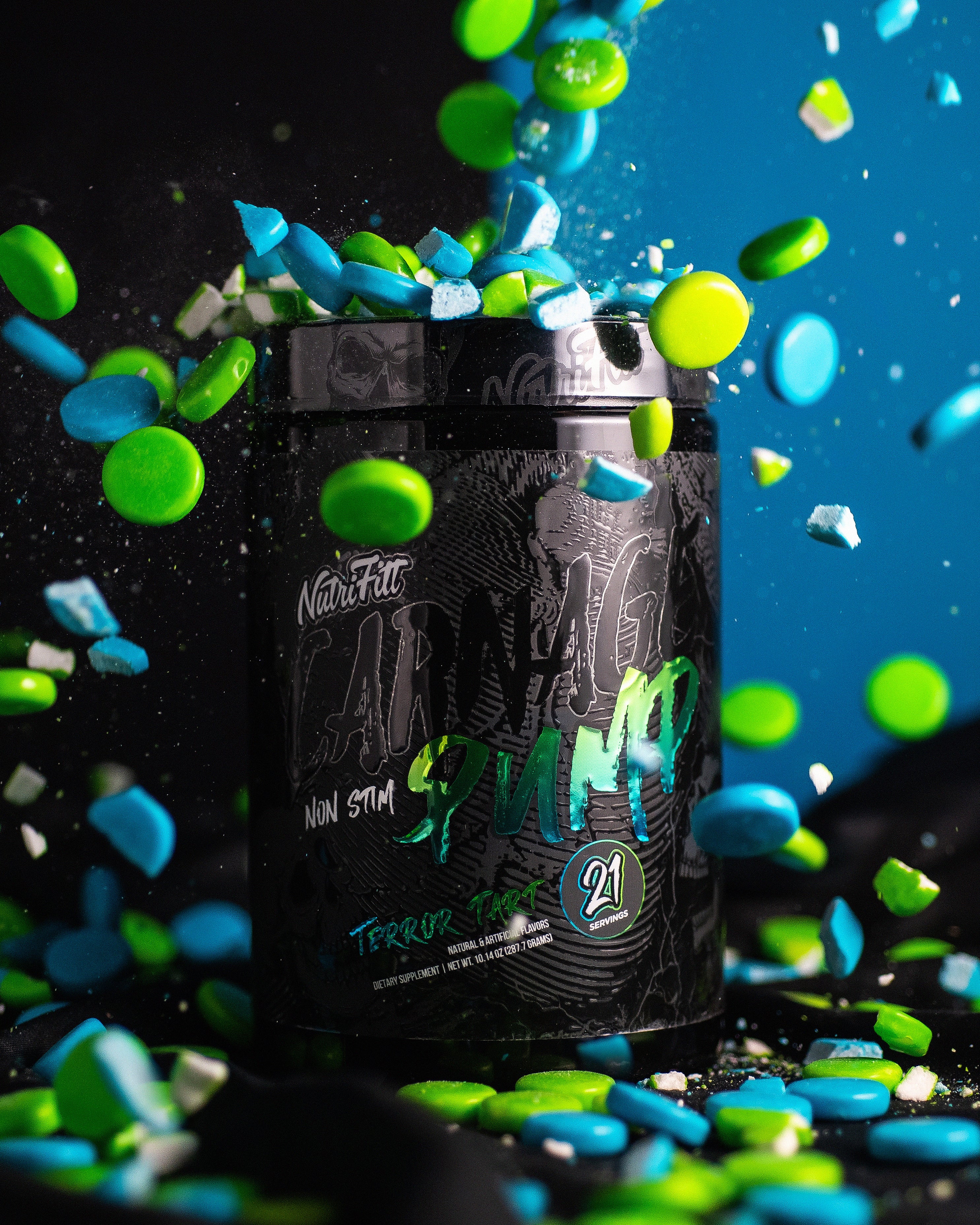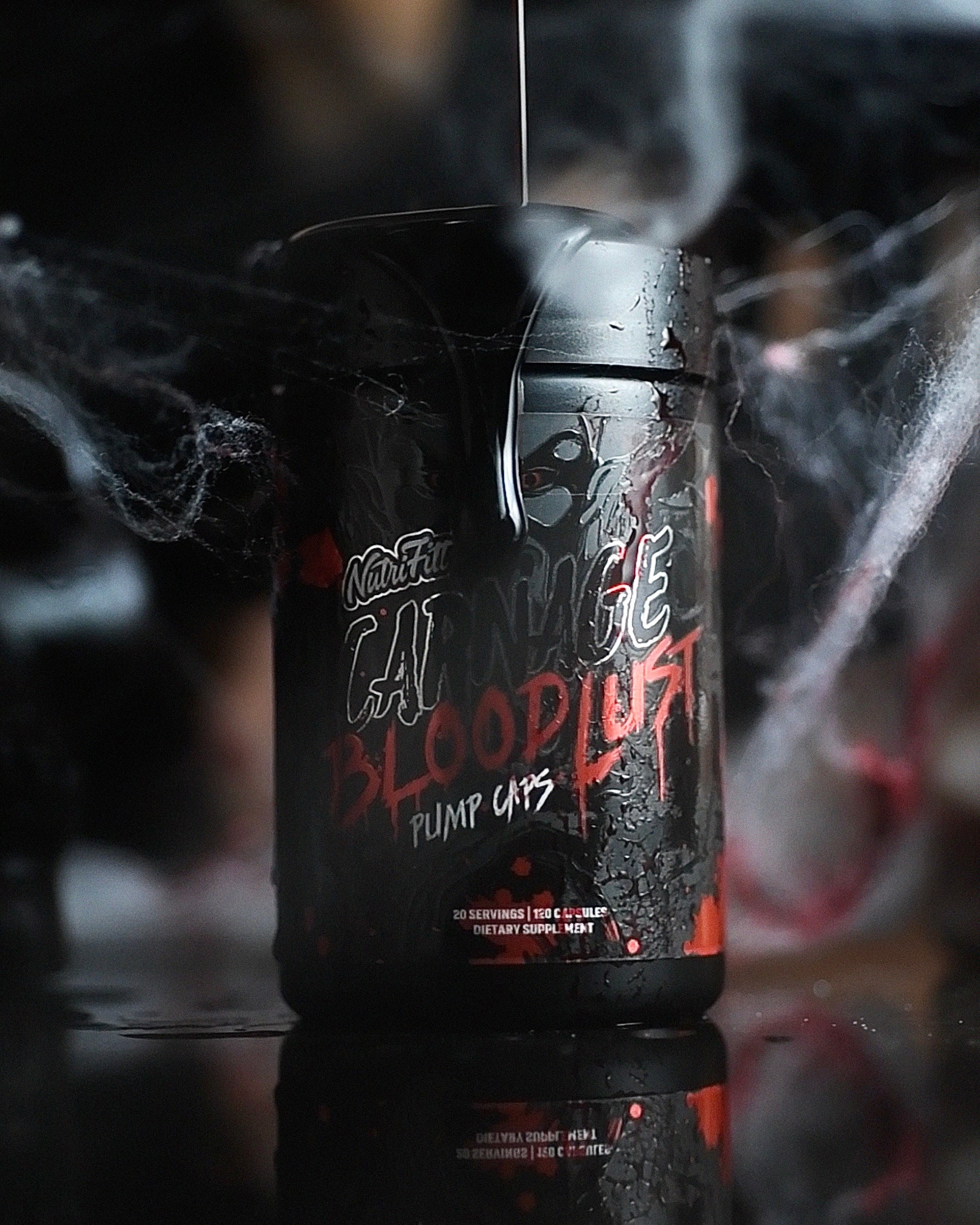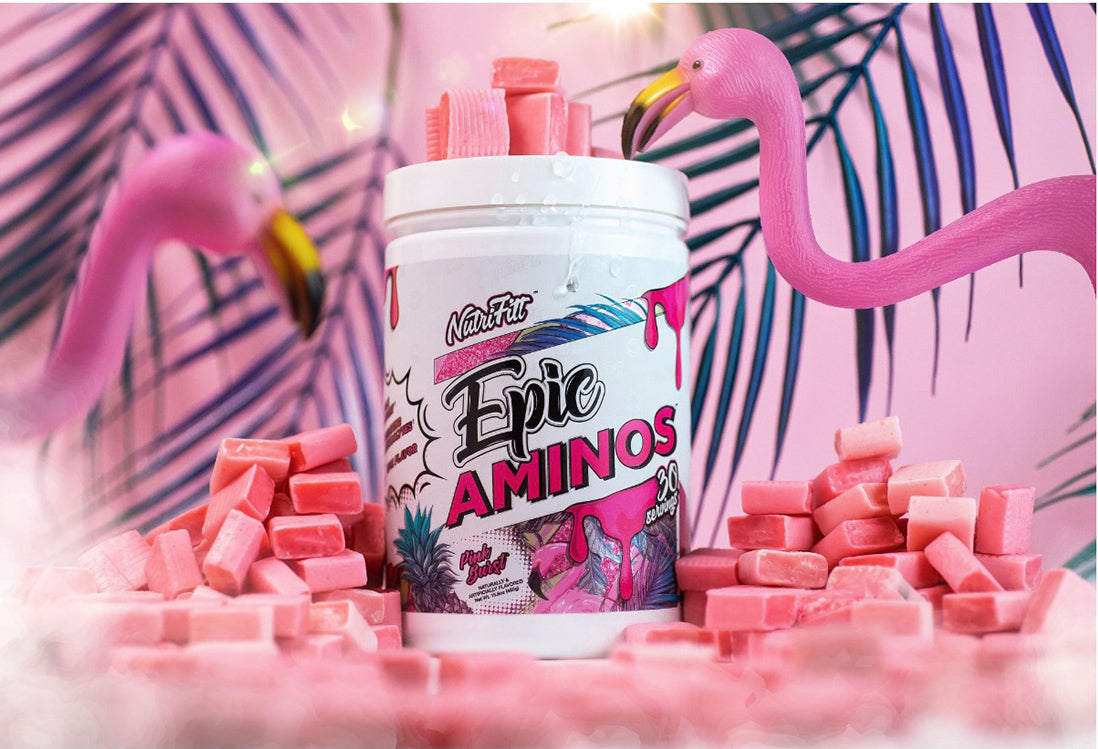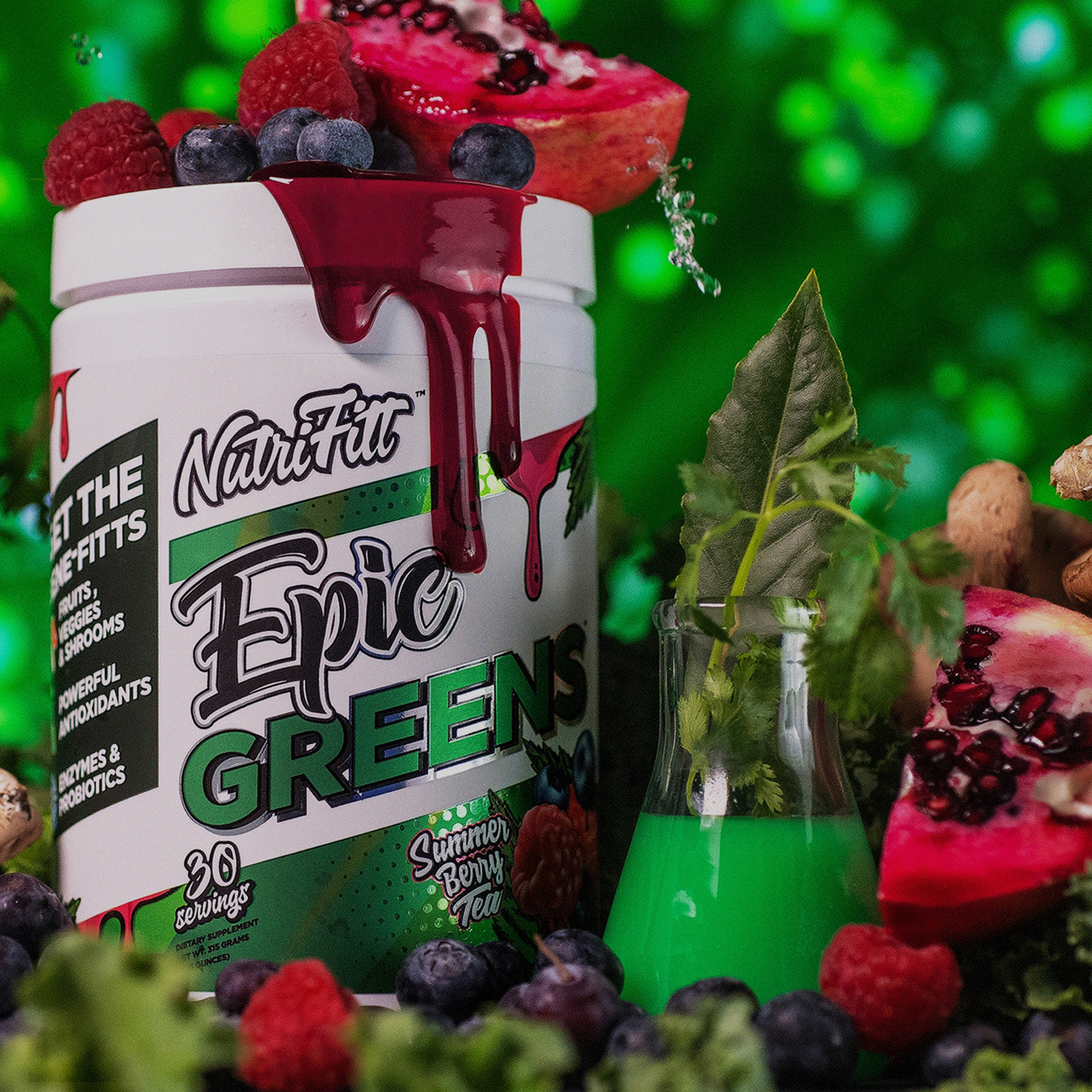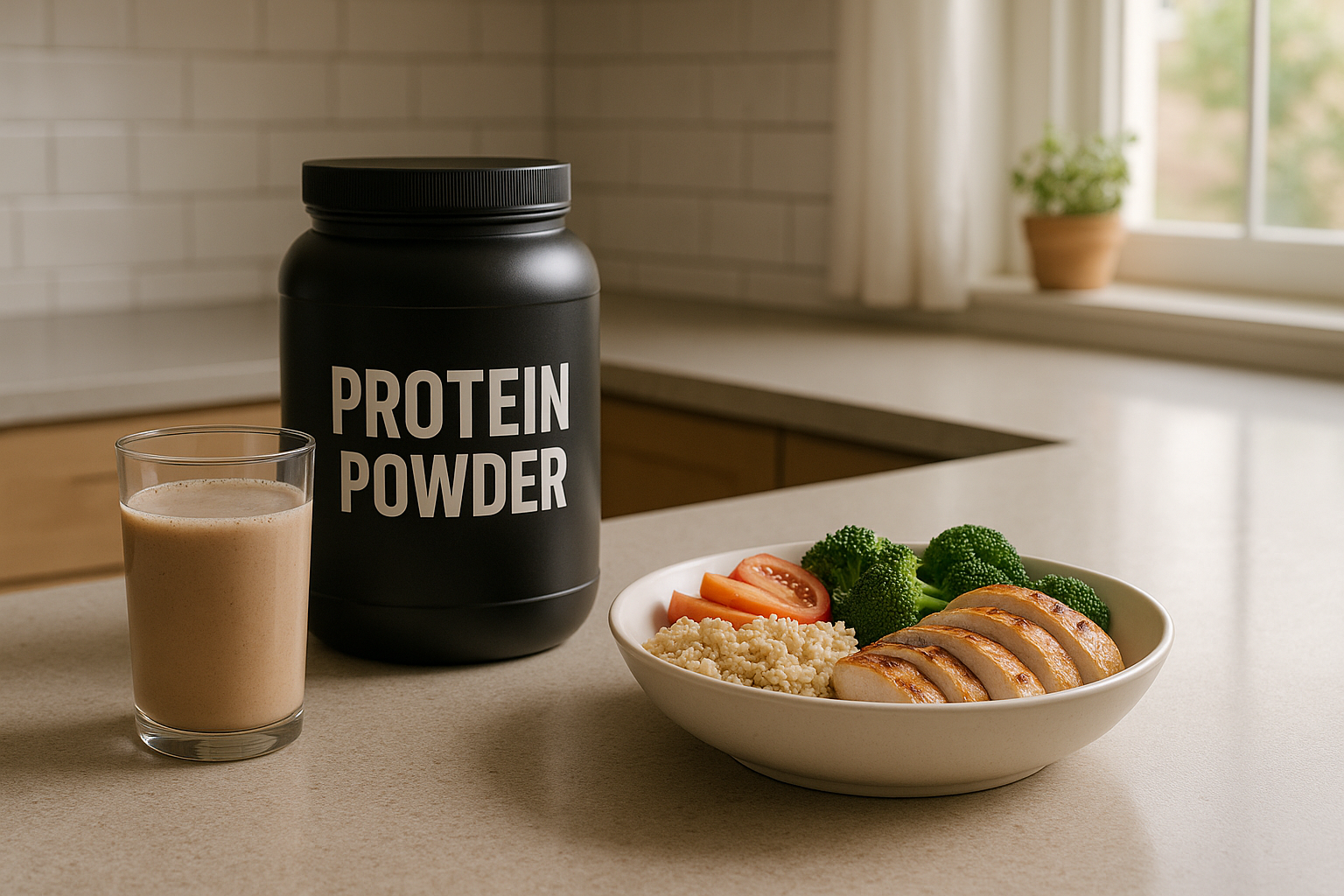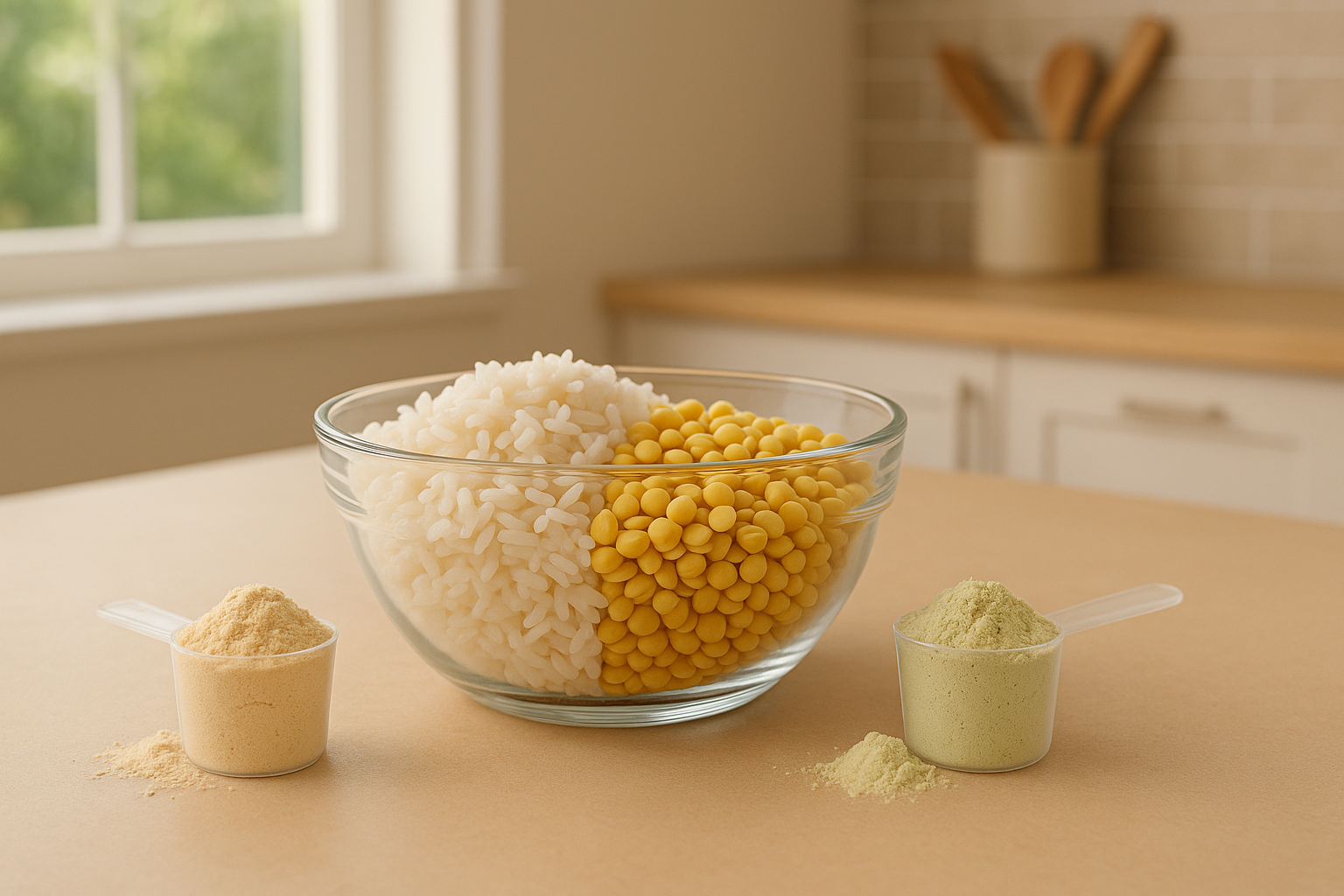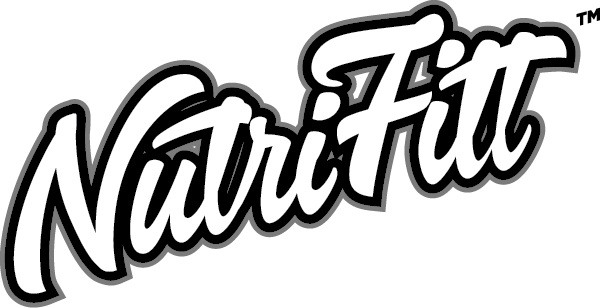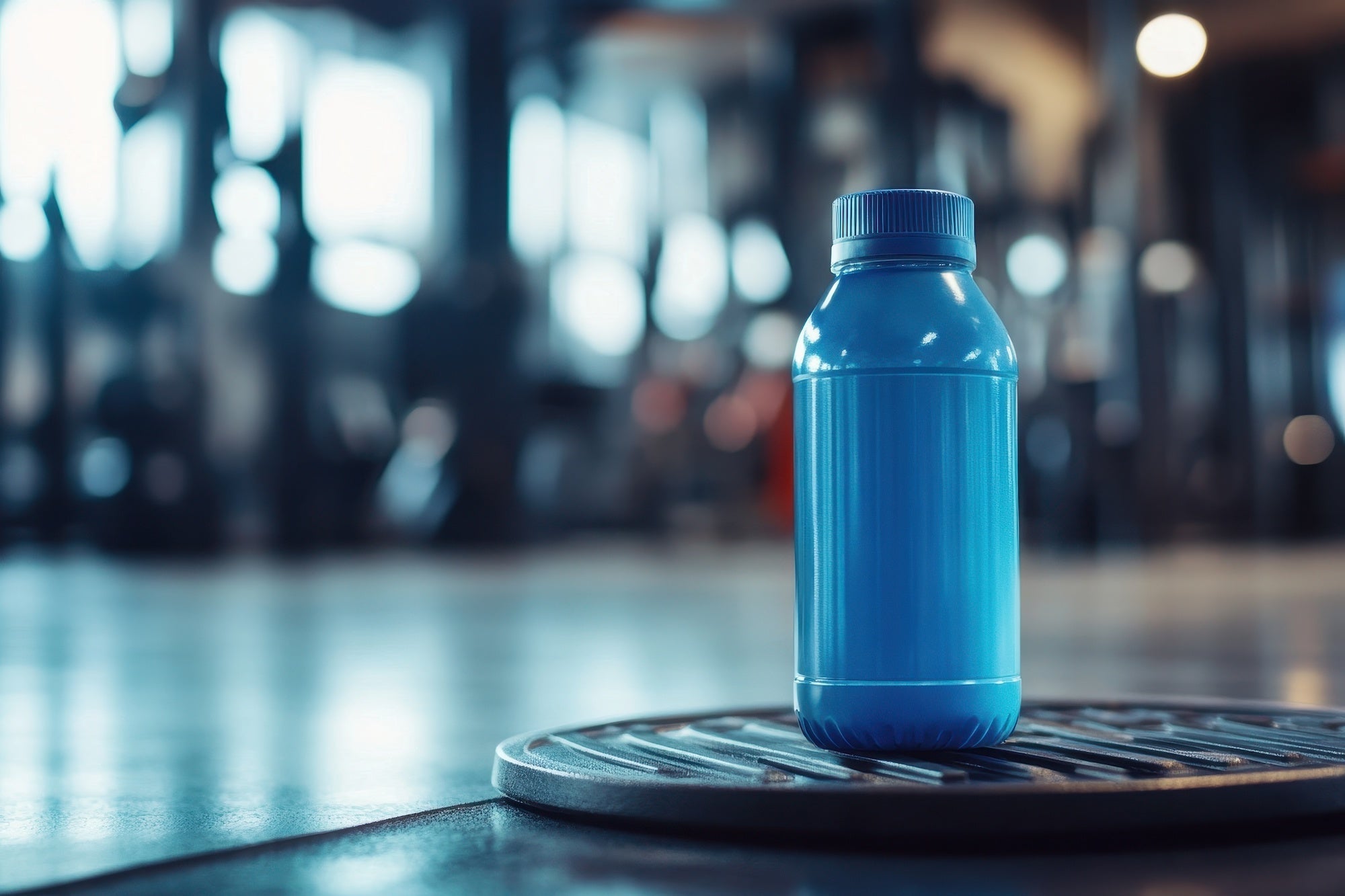
How to Choose Pre-Workout Supplements for Beginners
Looking to boost your workouts but unsure where to start with pre-workout supplements? Here's a quick guide to help you choose the right one:
- Key Ingredients to Look For: Caffeine (100–300 mg for energy), beta-alanine (reduces muscle fatigue), citrulline (improves blood flow), and creatine (supports muscle growth).
-
Types of Pre-Workouts:
- Standard: Includes caffeine and citrulline; ideal for most users.
- Non-Stimulant: Caffeine-free for evening workouts or sensitive individuals.
- Beginner-Friendly: Lower caffeine and fewer ingredients for new users.
- Natural: Free from artificial additives for a cleaner option.
- Timing: Take 30–45 minutes before your workout for maximum effectiveness.
- Safety Tips: Look for third-party certifications (e.g., NSF Certified for Sport®), avoid proprietary blends, and start with a half dose to test your tolerance.
Quick Comparison:
| Type | Caffeine Content | Best For |
|---|---|---|
| Standard | 150–200 mg | General fitness enthusiasts |
| Non-Stimulant | None | Evening workouts, caffeine-sensitive |
| Beginner-Friendly | Under 200 mg | New users, testing tolerance |
| Natural | Varies | Clean ingredient preference |
To stay safe, avoid products with hidden ingredients or unrealistic claims. Pre-workouts can enhance your performance, but they’re not a substitute for hard work. Start small, track your progress, and find what works best for your body.
Pre-Workout Supplement Basics
What Pre-Workout Supplements Do
Pre-workout supplements are specially formulated to give you an energy boost, sharpen your focus, and improve endurance during exercise. Their effectiveness comes down to key ingredients backed by research [1].
For instance, caffeine (typically 150-200mg per serving) is a go-to for increasing energy and concentration. Beta-alanine helps delay muscle fatigue, while citrulline promotes better blood flow, which can enhance workout performance [2].
"Caffeine is the most widely studied pre-workout ingredient and a proven enhancer of athletic performance, alertness and concentration." - Kelli Santiago, board-certified sports dietitian and wellness coach at University Hospitals [1]
Types of Pre-Workout Products
Pre-workout supplements come in a variety of options to suit different preferences and needs:
| Type | Description | Best For |
|---|---|---|
| Standard Pre-Workout | Includes 150-200mg caffeine and 6-8g citrulline | General fitness enthusiasts |
| Non-Stimulant | Caffeine-free, focuses on performance aids | Evening workouts or caffeine-sensitive individuals |
| Beginner-Friendly | Lower caffeine (under 200mg) and fewer ingredients | New users or those testing tolerance |
| Natural | Free from artificial colors or sweeteners | Those seeking a cleaner ingredient list |
If you're new to pre-workout supplements, start with a formula that has moderate caffeine and fewer ingredients to gauge your tolerance [4].
Best Times to Take Pre-Workouts
Timing is key to getting the most out of your pre-workout. Aim to take it 30-45 minutes before your workout for peak effectiveness. Most pre-workouts last 1.5–2.5 hours, though some ingredients can extend the effects up to 5 hours [5].
If you exercise in the evening, a stimulant-free option might be a better choice to avoid disrupting your sleep [6]. Keep in mind that individual metabolism matters - those with faster metabolisms may feel the effects sooner, while slower metabolizers might benefit from taking their pre-workout a bit earlier [5][6].
Pre Workout Supplements for Beginners - How to Choose
Main Pre-Workout Ingredients
Knowing what goes into your pre-workout can help you choose the right supplement to meet your fitness goals. Let’s break down the main components that fuel pre-workout performance.
Energy Ingredients
The energy boost from pre-workouts primarily comes from caffeine, which typically delivers 100–300 mg per serving - that’s about the same as 1–3 cups of coffee. If you’re new to pre-workouts, starting with 150–200 mg is a good idea to see how your body reacts while still getting that energy lift.
Taurine (1.3 g) and tyrosine (348 mg) are often included to enhance energy levels and improve mental focus [7].
"If you want to get more energy and boost your cardio or strength workout, coffee can be a great ergogenic aid." – Kristin McGee, Peloton Instructor [8]
Next, let’s talk about ingredients that directly support muscle performance.
Muscle Performance Ingredients
Certain ingredients in pre-workouts are designed to help your muscles work harder and last longer. Two of the most effective are L-Citrulline and beta-alanine. Here’s a quick look at their typical dosages and benefits:
| Ingredient | Typical Dose | Benefits | What to Know |
|---|---|---|---|
| L-Citrulline | 4–8 g | Boosts blood flow and oxygen delivery | Can enhance muscle pumps |
| Beta-Alanine | 2.4–4.8 g | Reduces muscle fatigue, improves endurance | May cause harmless tingling |
Research backs these up: 6 g of citrulline malate has been shown to increase ATP production by 34% and speed up phosphocreatine recovery by 20% [9]. Beta-alanine, on the other hand, can raise muscle carnosine levels by as much as 80% in just 10 weeks [9].
Now, let’s wrap up with ingredients that help your muscles recover after a tough workout.
Recovery Ingredients
Recovery-focused ingredients are all about helping your muscles bounce back. Creatine, at around 2.1 g per serving, is a powerhouse for improving muscle strength and power [7]. Branched-chain amino acids (BCAAs) are another favorite, known for reducing muscle soreness and aiding muscle growth.
Interestingly, most effective pre-workout formulas include beta-alanine (87% of products), caffeine (86%), and citrulline (71%) in doses supported by research [7].
Picking Your Pre-Workout
Choosing the right pre-workout supplement depends on your fitness goals. If you're aiming to boost endurance and reduce muscle fatigue, look for ingredients such as citrulline malate and beta-alanine. For sharper mental focus, options with ginseng or betaine anhydrous might be what you need. And if muscle growth is your priority, make sure the product includes creatine in clinically effective doses. Also, consider how your body reacts to caffeine to refine your choice.
Check Your Caffeine Sensitivity
The FDA advises keeping daily caffeine intake under 400 mg [11]. To start, try a smaller dose - around 100 mg - and watch for signs like jitters, a racing heart, or headaches. Pay attention to how long the effects last to ensure your sleep isn’t affected.
Understanding how caffeine impacts you will help you decide whether a stimulant or non-stimulant pre-workout is the better fit.
Stimulant vs. Non-Stimulant Options
The timing of your workout and your caffeine tolerance play a big role in this decision. Stimulant-based pre-workouts often pack 100 to 300 mg of caffeine per serving [11]. But if you work out in the evening or are sensitive to stimulants, non-stimulant options are a great alternative. These provide benefits like increased blood flow and improved muscle pumps, without disrupting your sleep. Non-stimulant formulas rely on ingredients like citrulline malate and beta-alanine to enhance blood flow and reduce muscle fatigue [10].
sbb-itb-7567710
Safety and Quality Checks
Research shows that up to 10% of supplements may contain harmful or banned substances [13]. So, how can you ensure the product you're using is both safe and effective? Let’s break down the steps to verify a supplement’s integrity through certifications and label analysis.
Look for Testing Certificates
Third-party certifications are your best bet for confirming a supplement's safety and quality. Two of the most reliable programs are NSF Certified for Sport® and Informed Sport. These organizations conduct thorough testing to check for:
- Label accuracy: Does the product contain what it claims?
- Absence of banned substances: Ensures no harmful or prohibited ingredients.
- Product purity: Verifies the supplement is free from contaminants.
- Manufacturing quality: Confirms production meets high standards.
"Certified for Sport® gives both my athletes and myself the reassurance we need that the dietary supplements we choose have been tested and certified for quality, purity and safety."
- Leslie Bonci, MPH, RD, CSSD, LDN, Kansas City Chiefs Sports Dietitian, Klean Athlete® Sports Nutrition Advisor [12]
To confirm a product’s certification, look for official seals on the packaging or scan the QR code if available. You can also visit the NSF Certified for Sport® website or use their app for verification.
Warning Signs on Labels
Certain red flags on supplement labels can indicate an unsafe product. Here’s what to watch out for:
- Proprietary Blends: Be cautious with products that list ingredients as part of a "proprietary blend" without specifying exact amounts [17].
-
Suspicious Ingredients: Avoid substances with:
- Numbers and Greek letters (e.g., 1a, 3b)
- Endings like "-ol", "-dione", or "-amine", which may suggest harmful additives [15].
- Unrealistic Claims: Steer clear of products that promise instant results, such as rapid muscle gains, cures for diseases, "secret formulas", or FDA endorsements.
"Consumers were as likely to get an FDA-prohibited drug off the stimulant instead of getting an accurate amount of the ingredient listed on the bottle."
- Dr. Pieter Cohen, MD, Cambridge Health Alliance professor [16]
Keep in mind, legitimate supplements won’t claim FDA approval or promise to treat medical conditions [15]. When unsure, stick to products with trusted third-party certifications and transparent ingredient labels.
Getting Started with Pre-Workouts
Start Small: Half Doses
If you're new to pre-workouts, begin with half the recommended dose. This lets your body ease into the experience and helps you:
- Gauge your tolerance
- Reduce the chances of side effects
- Learn how your body reacts
- Adjust your intake as needed
"The ingredients in Energize weren't selected at random or because they're trendy - they were included because they all offer performance-enhancing benefits that are backed by science." - Trevor Thieme, CSCS [18]
Once you understand how your body handles pre-workouts, you can fine-tune the timing for maximum effectiveness.
Timing Matters: When to Take Pre-Workout
For the best results, take your pre-workout 30–45 minutes before hitting the gym. Proper timing helps ensure steady performance throughout your session. Here are a few tips based on your schedule:
- Morning workouts: Take it on an empty stomach for faster absorption.
- After meals: Allow extra time after eating to avoid discomfort.
- Evening sessions: Opt for stimulant-free options to avoid sleep disruptions.
Most pre-workouts work for about 1.5 to 2.5 hours, though some ingredients can stay active for up to 5 hours [5].
Keep Track of Your Progress
Once you've adjusted your dosage and timing, start tracking your results. Note things like:
- Energy levels during workouts
- Changes in performance
- Any side effects
- Timing of your intake
- Overall workout quality
Staying hydrated is key to minimizing side effects and enhancing the benefits of pre-workouts [20][21]. To avoid building a tolerance, take breaks from using pre-workouts regularly [19][21].
If you notice side effects like jitters, anxiety, or chest pressure, try lowering your dose or switching to a stimulant-free option [21]. And remember, if you have any health conditions, always check with a healthcare provider before starting any new supplement.
Conclusion
Picking the right pre-workout doesn’t have to feel like a daunting task. By focusing on key ingredients, product transparency, and safety, you can enhance your workouts without unnecessary risks.
Many pre-workout formulas contain roughly 18 ingredients, with nearly 44.3% hidden in proprietary blends [3]. To prioritize safety, consider these tips:
- Start with half the recommended dose to gauge your tolerance
- Look for products certified by third-party testing
- Opt for pre-workouts with clearly listed ingredient amounts
- Pay close attention to how your body reacts
For those sensitive to stimulants, caffeine-free options can help avoid jitters and disrupted sleep. As Dr. Andrew Jagim explains:
"You don't want anything new on game day, especially if you are new to caffeine... You might feel anxious and jittery or experience gastrointestinal upset, which could make you perform worse." [14]
If transparency and quality are important to you, brands like NutriFitt offer pre-workout options designed to support your fitness goals without compromising on clarity or effectiveness.
FAQs
Should I choose a stimulant or non-stimulant pre-workout for evening workouts?
When choosing between a stimulant or non-stimulant pre-workout for evening exercise, it’s important to consider how caffeine impacts you - especially if it might mess with your sleep. Stimulant pre-workouts typically pack 100 to 300 mg of caffeine, which can give you a noticeable boost in energy and focus. However, taking them too late in the day might lead to jitters or make it harder to fall asleep.
Non-stimulant pre-workouts skip the caffeine altogether, relying on other ingredients to improve performance. These are an excellent choice for evening workouts, particularly if you’re caffeine-sensitive or aiming to avoid sleep disruptions. They deliver steady energy and focus without overstimulating your system, allowing you to stick to your fitness routine without sacrificing a good night’s rest.
What can I do if a pre-workout supplement gives me jitters or makes me feel anxious?
If you’re feeling anxious or jittery after taking a pre-workout supplement, there are a few ways to ease these side effects:
- Start with a smaller dose: Many pre-workouts are packed with caffeine, which can be overwhelming if you're sensitive. Try reducing your intake to a serving with 150-250 mg of caffeine to see how your body handles it.
- Keep yourself hydrated: Not drinking enough water can make the side effects worse. Make it a habit to stay hydrated throughout the day.
- Opt for a stimulant-free formula: If caffeine seems to be the culprit, consider switching to a pre-workout that doesn’t include stimulants.
If the side effects don’t go away or feel severe, it’s best to stop using the supplement and check in with a healthcare professional for guidance.
What certifications should I look for to ensure a pre-workout supplement is safe and high-quality?
When picking a pre-workout supplement, keep an eye out for certifications like NSF Certified for Sport® or Informed-Sport. These labels indicate that the product has been tested to ensure it’s free from banned substances and meets rigorous safety and quality standards. Another important certification to look for is Good Manufacturing Practices (GMP), which confirms that the supplement was made in a facility adhering to consistent and high-quality production processes.
These certifications help ensure you're selecting a product that supports both your health and performance goals.
